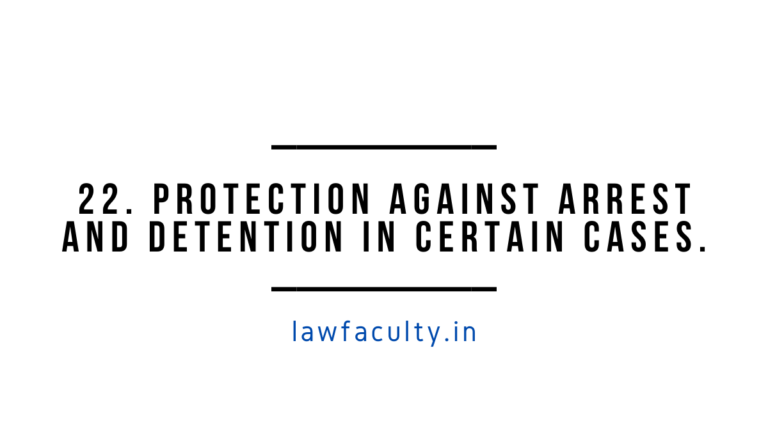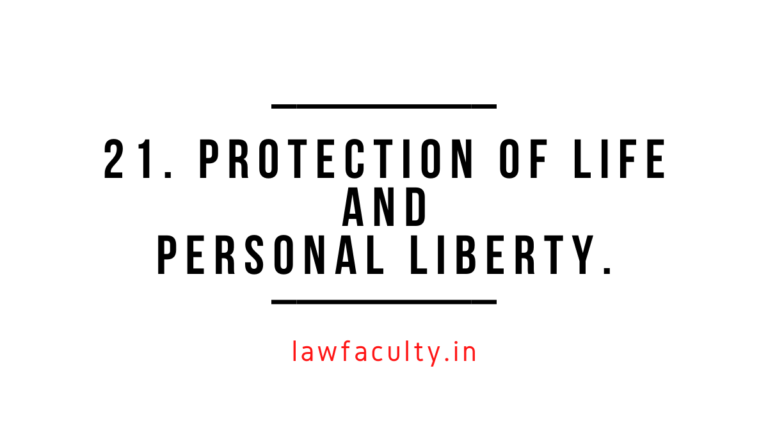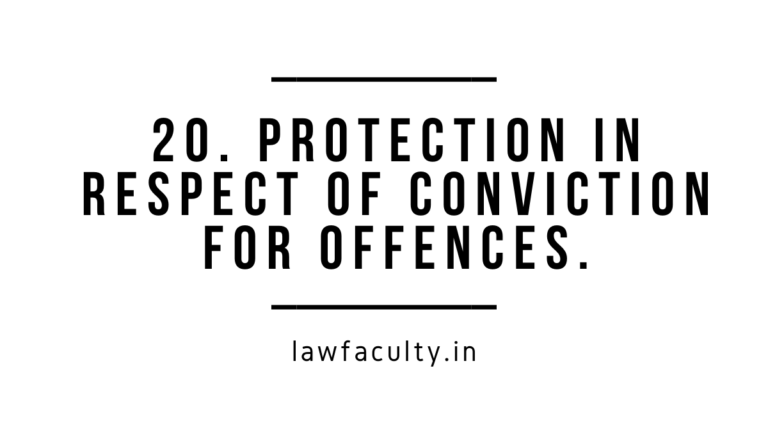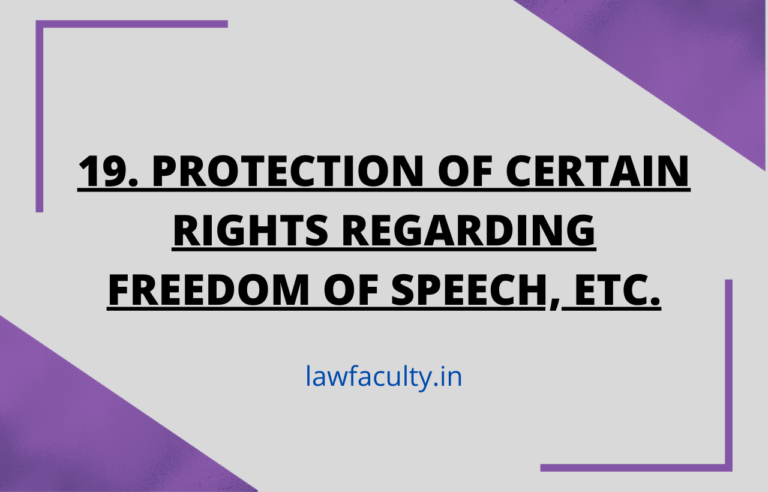21A. Right to education

21A. Right to education.—The State shall provide free and compulsory education to all children of the age of six to fourteen years in such manner as the State may, by law, determine. This was introduced by the Constitution (Eighty sixth…









